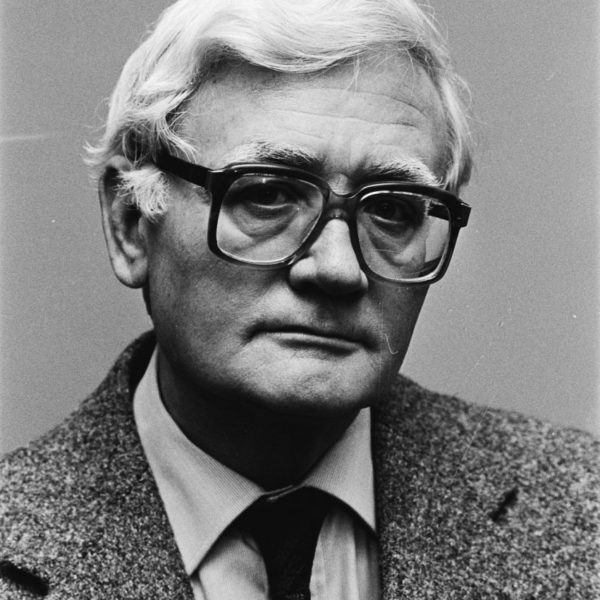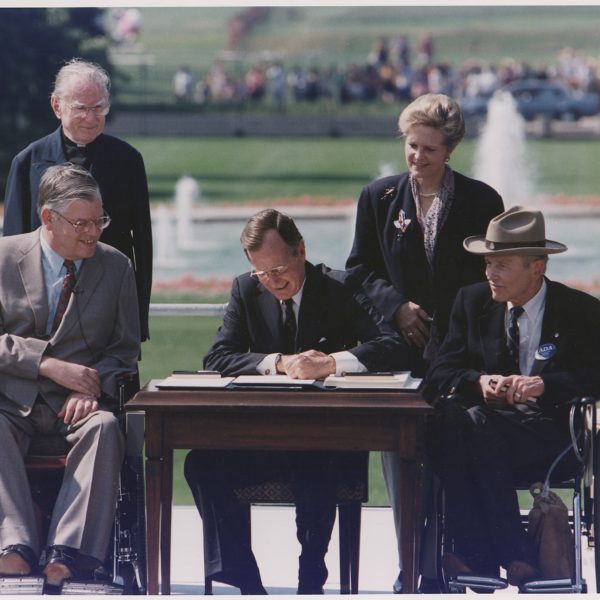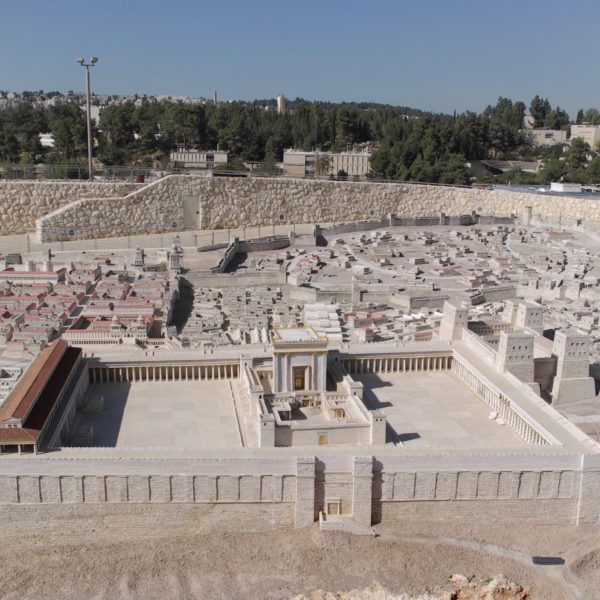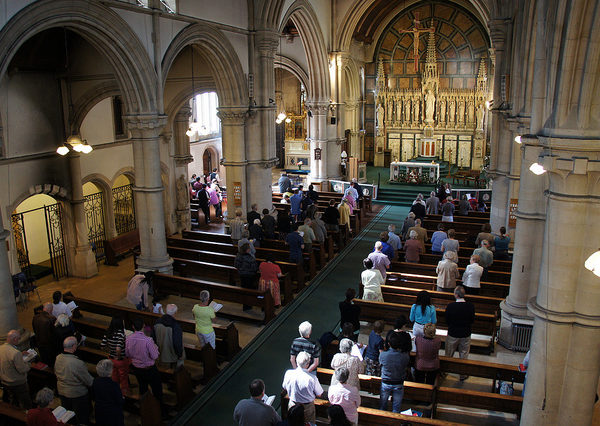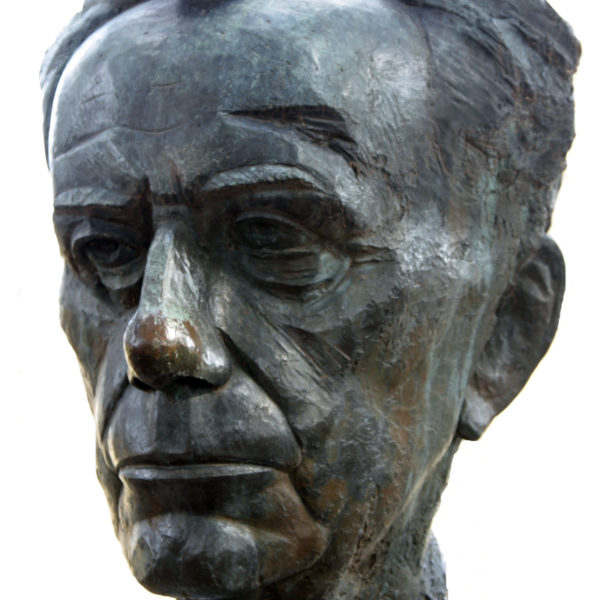
When Paul Tillich’s Theology of Culture hit the shelves of the Anglosphere in 1959, the book seemed to go against the prevailing mood of the time. Wages and living-standards across North America were up as the post-war ‘Keynesian miracle’ took its full effect. While the previous year had seen economic contraction in U.S. output, it was to be a small pause in a seemingly unstoppable advance. Canada and Australia also rode high in the economic league-tables, as the administrations in Ottawa and Canberra saw conditions of near full-employment.
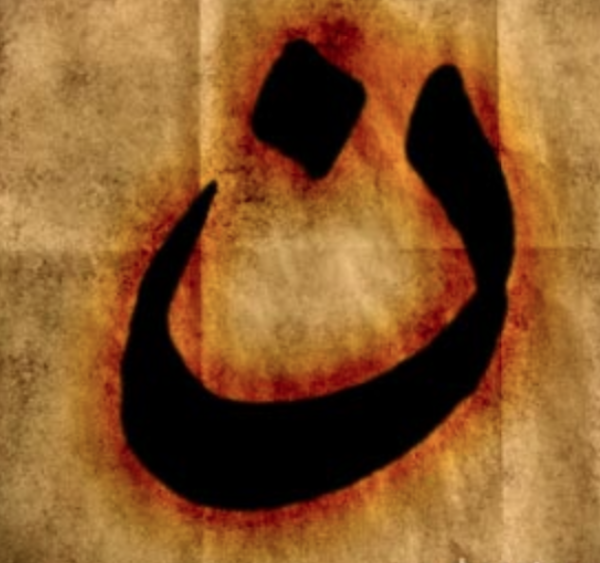
Many of my friends on social media have changed their profile pictures to the Arabic N to indicate their support for and solidarity with Christians who are currently being persecuted in the Middle East. A White House petition calling for the United States Government to offer support to Christians in Iraq has over 41,000 signatures at the time that I am writing this, and is quickly adding more. . . . How should Christians feel about all of this?

Current crises across the Middle East and other war-torn locations demand careful consideration of war, just war theory, and other tenets of military interventionism. The Christian theologian faces a particularly daunting task in this respect because the eschatological principles of God’s kingdom appear contrary to what might be a faithful Christian ethic in the penultimate present.

